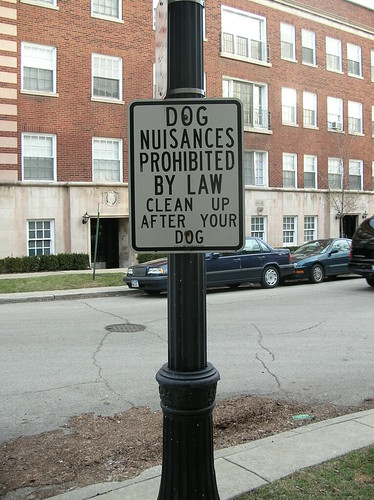Judging by the referrer logs, a great many people have been combing the series of tubes for ideas for Good Friday sermons. I’m not sure what about my site attracts those readers, and it’s too late for most preachers (I hope), but here’s some ideas about what one might or might not say on Good Friday.
First, last, and every point in between, Christian preachers should preach on Good Friday as though they knew that the congregation were packed with our Jewish neighbors. Opprobrious observations about Judaism — and I’ve heard oceans of them, often as not from “liberal” preachers who wouldn’t dream of insulting the rabbi in the clergy group — not only insult people who had no role whatsoever in the events of Good Friday, not only reactivate the prejudices that engender Christian cruelty to Jews, not only [usually] originate in ignorance about Judaism and first-century cultural politics, but they also falsify the Gospel. The Gospel comes to the world proclaiming release from slavery, freedom to grow in holiness, and a grace that overcomes the innumerable obstacles that human sin persistently erects. There’s just no way that Judaism per se stands against any of this — which should come as no surprise, since the faith that Jesus proclaims depends on its Judaic roots. The church has been grafted in to Israel; it has no business derogating the roots and the trunk.
Second — go back and reread “First.” It’s that important. Romans held the power of crucifixion. If you cannot say anything on Good Friday without blaming someone, blame Romans. But better far not to point fingers on a day such as today; it’s a day to confess our complicity, not to scapegoat Others.
Third, the message of Good Friday involves the suffering and grief Jesus bore — but suffering and grief are not themselves the message. As Mel Gibson proved a few years back, the lurid appeal of grotesque misery offer a perverse attraction; yet if we preach so as to play on that perverse interest, we becloud the vital theological point that the depths of human cruelty to one another have been overridden in the name of kindness, forgiveness, patience, and reconciliation. If our preaching embeds the horror of Jesus’s suffering more vividly than it conveys the beauty of the Gospel, we amplify the effects of sin more than the opportunity to escape from it.
Fourth, to the extent that we do attend to the barbaric tortures to which Jesus was subjected at the behest of the imperial power of an occupying army (and its compliant quisling clients), we ought to look around for possible examples of such state-sponsored torture in the contemporary world, and resist it. That’s not the point of our preaching itself, but it should be an inescapable consequence of the Good Friday gospel; we can’t express the truth about grace if we soft-pedal depraved indifference to our neighbors.
Fifth, have you forgotten “First”?
Sixth, there’s a point at which Good Friday’s grim outworking of human opposition to grace — an opposition no less terrible, all the more terrible when cloaked in the well-intentioned motives of religious leaders — itself begins to reveal, in the unique identity and work of Jesus, the power of God. That point is “sublime” in the sense Lyotard deployed the term: it surpasses and overwhelms our capacity to give an account of it, to explain it [away]. We can turn away from it, or we can trivialize it, or we can refuse to acknowledge it, or any of a variety of other very plausible, sound responses. Or we can recognize in that sublime witness to God’s non-coercive, patient, generous, forgiving love for all people that we too have been invited into a loveliness we could never attain on our own, we could never even imagine on our own. In that loveliness we have to give up much that we would cling to (starting with our autonomy), but the beauty of holiness will catch us up and draw out from us those elements of our identities that edify, complement, intensify, elevate the truths that God draws out from everyone else who steps out onto this thin ice.
Thin ice, but it’s here that we’ve been called. We’ll hang on tight to one another. We will sing, we will pray, we will wipe away the tears in our loved ones’ eyes, we will remember and forgive, and come what may — we will turn our hearts ever toward God. Because we have beheld God come in flesh, full of grace and truth.
